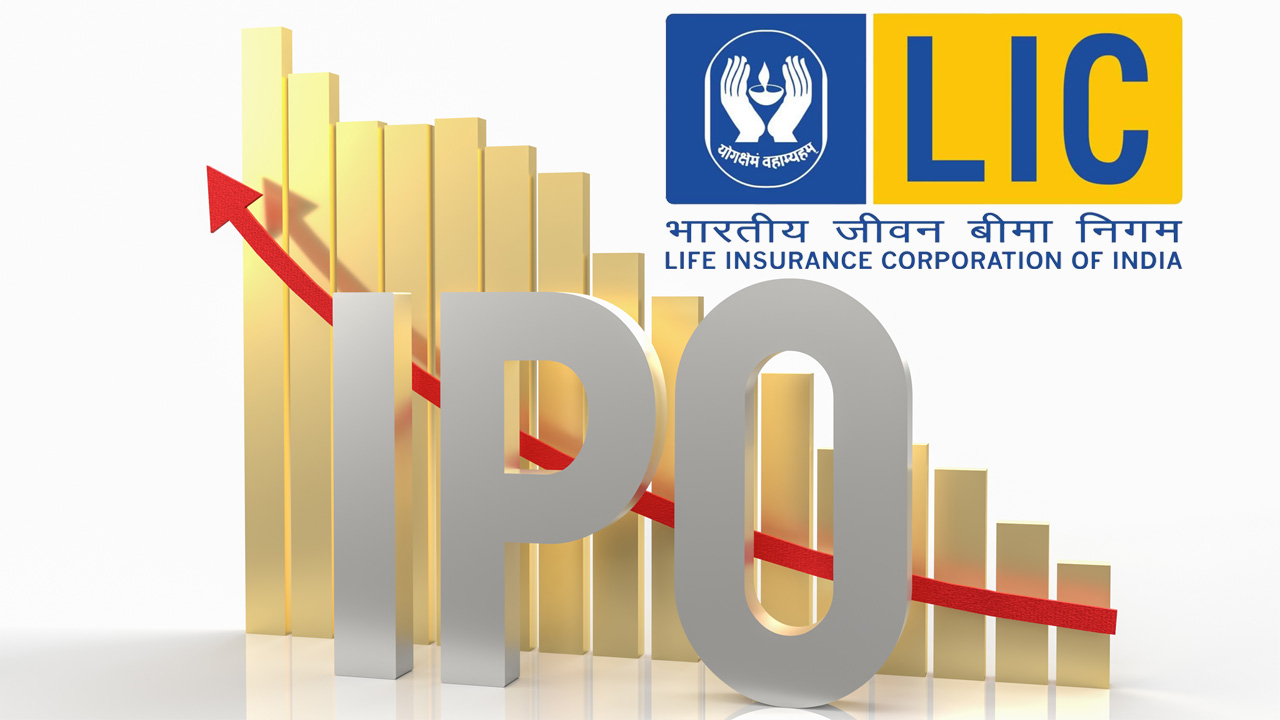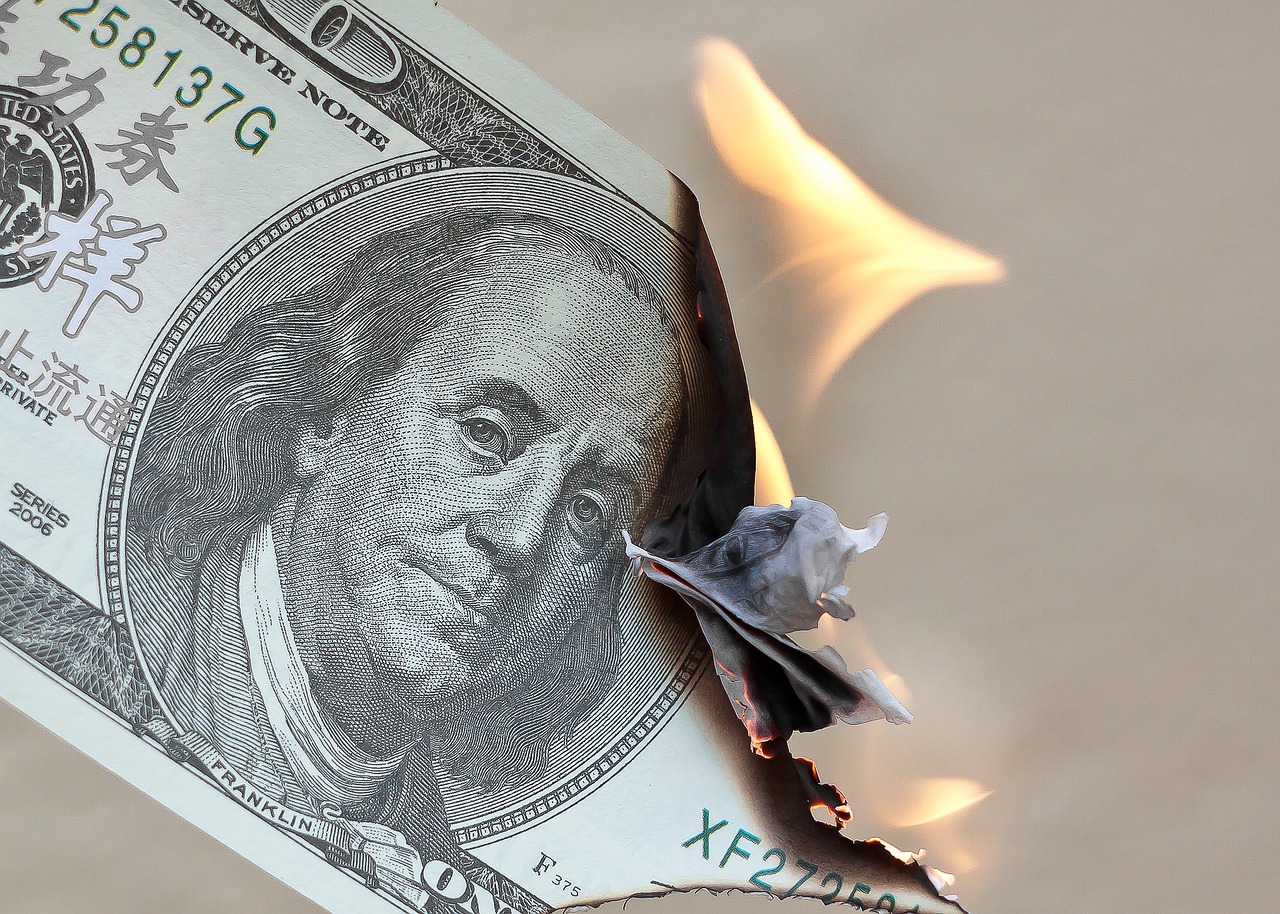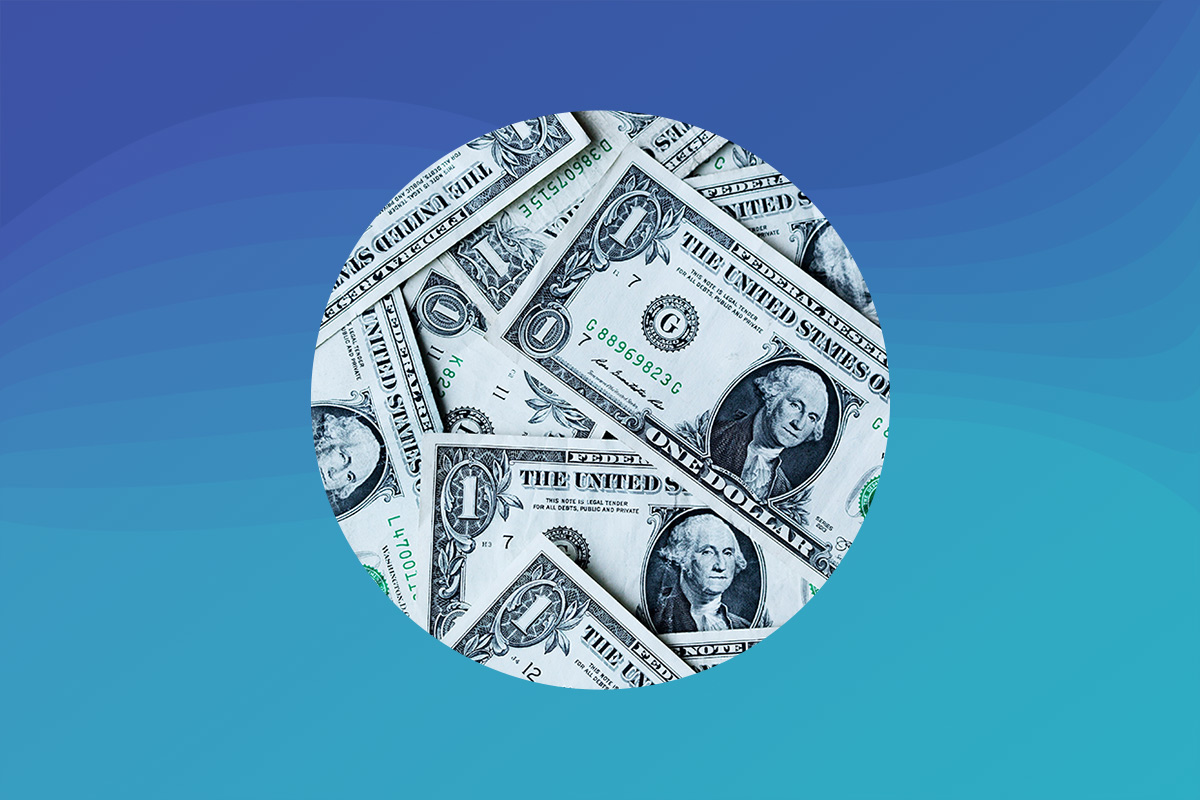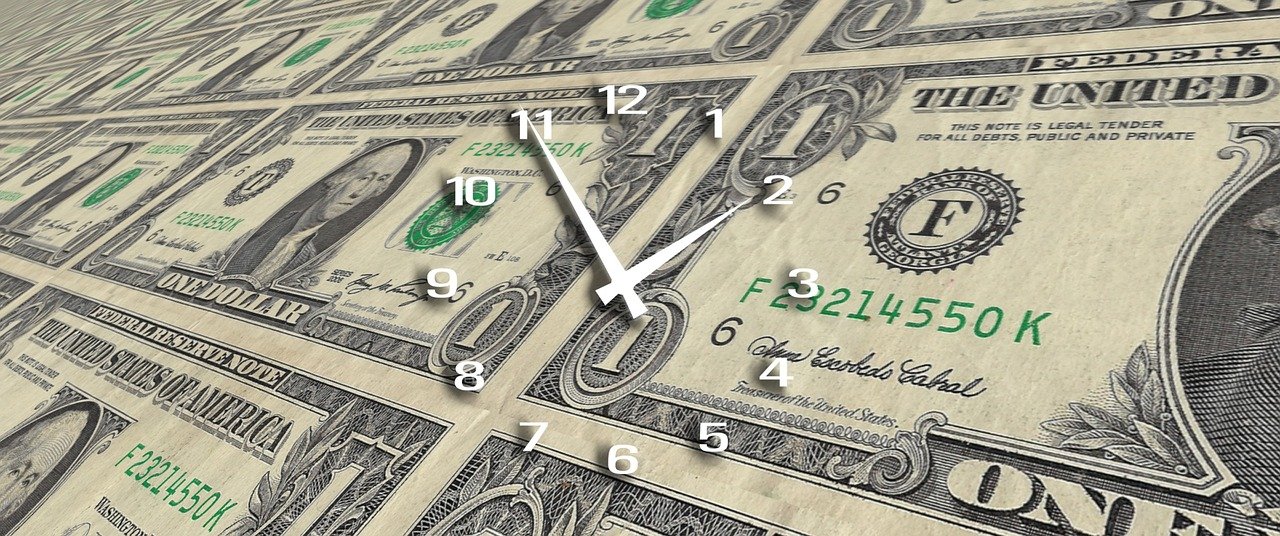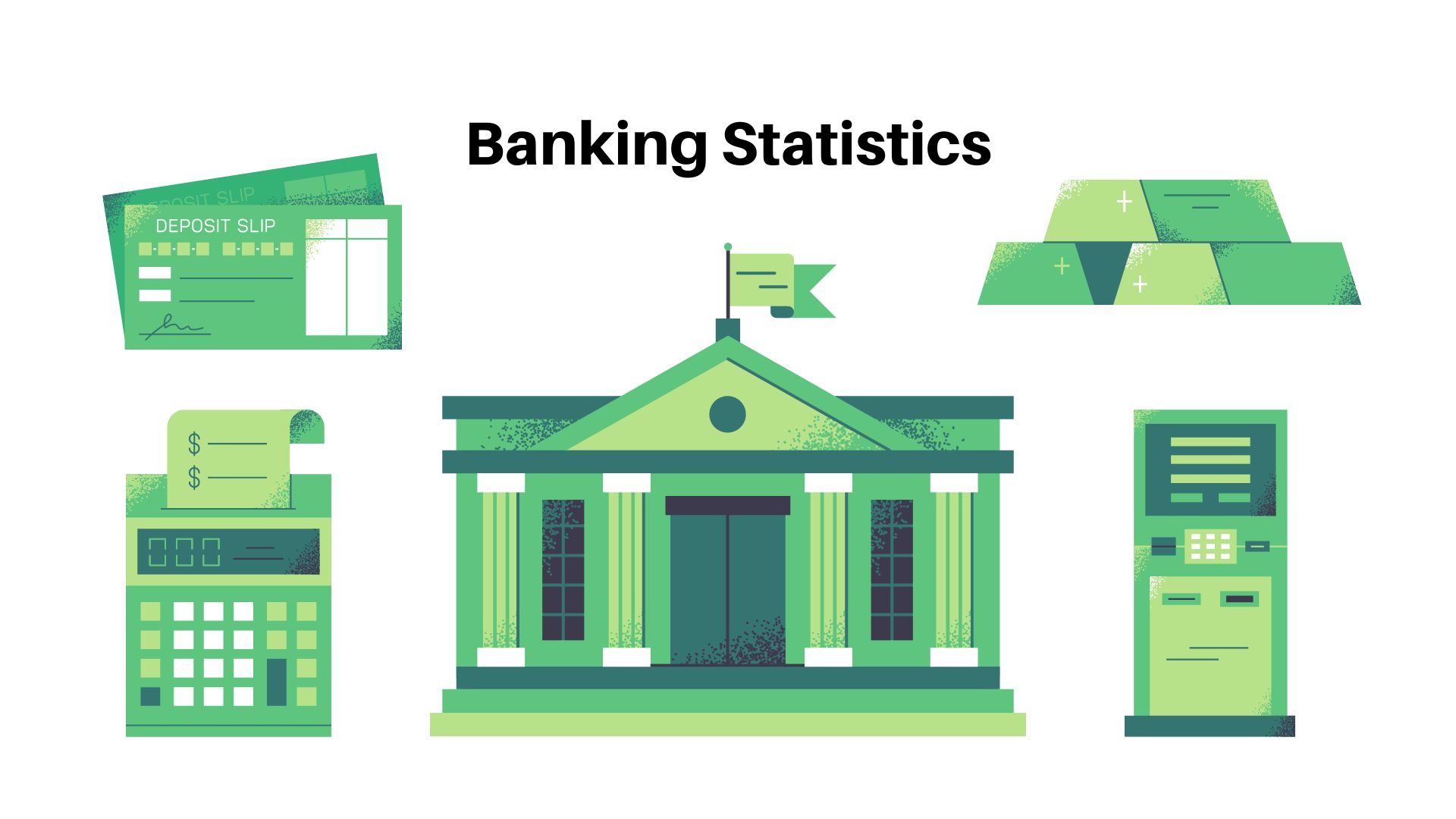The Reserve Bank of Australia announced that the cash rate would be raised by 25 basis points, to 0.35%. This is the first rate increase since November 2010. Given the rapid rise of inflation, analysts had expected that the central bank would raise rates. In the third quarter, food, petrol and other consumer goods prices were all up.
The central bank announced Tuesday that the cash interest rate will rise by 25 basis point to 0.35%. This marks the first rate hike since November 2010. Philip Lowe (Gouvernor of the Reserve Bank of Australia) said that now is the time to withdraw some of the “extraordinary monetary support” that was in place to aid the Australian economy during the Pandemic.
Lowe stated that the economy was resilient and that inflation rose faster and at a higher rate than expected. “There are also signs that wages growth is increasing. It is appropriate to normalize monetary circumstances, given this and the low interest rates. According to the median forecast in a Reuters poll with 32 economists, the rise was more than the analyst estimates of 15 basis point to 0.25%. An inflation spike had led analysts to expect the central bank’s rate hike. The prices of petrol, food and other consumer goods increased in the past quarter.
Last week’s data revealed that Australia’s consumer price index rose 2.1% for its first quarter. This was higher than the 1.7% expected increase. Consumer inflation rose to 5.1% in an annual basis — the highest rate since 2001, and much higher than what was expected for a 4.6% rise. Lowe admitted in his statement that the inflation rate had increased faster than expected but is still below most advanced economies.
“This increase in inflation is largely due global factors. He said that domestic capacity limitations are playing an increasing role in inflation. Inflation pressures have increased, with firms more willing to pass along cost increases to consumers. Lowe predicted that prices will continue to rise in the near future, but that supply disruptions will resolve and inflation will drop back towards the country’s target range between 2% and 3%.
Lowe also stated that the outlook for Australia’s gross national product “remains optimistic” and that it is projected to grow by 4.25% and 2% over 2022, respectively. Lowe acknowledged that global economic uncertainties could be present, including the Russia-Ukraine War and Covid disruptions within China. The Reserve Bank increased its cash rate 25 basis points to 0.35%. This was a surprise considering that most people expected a rise of 15 basis points.
This was the first time that borrowing costs were lifted during an election campaign for almost 15 years. In a press conference following the rate decision, Governor Philip Lowe stated that he expected further interest rate increases to be required in the coming months.
“The board does not have a set path. They will follow the evidence and data. Australian policymakers are following the lead of their global counterparts by opting for an unexpectedly large increase in inflation. This is a major blow to the centre-right government that is already trailing in opinion polls as it campaign for a rare fourth term at a May 21 election. Sean Callow, a Westpac Banking Corp. senior currency strategist, stated that the RBA “managed to wrongfoot every market forecaster and even a market-based forecaster — no one was prepared for 25 basis point.” “By projecting the core inflation easing back to the top end of the band by mid-2024 without delivering further rate hikes, the RBA basically gives the market carte blanche to be as hawkish or dovish as they want in pricing tightening.”
Australian three-year yields rose 19 basis points to exceed 3% for the first times since 2014. Ten-year yields reached 3.4%. The Australian dollar gained as much as 1.4% before losing some of the gains to trade at 70.92 U.S.cents. The benchmark index dropped due to property and mining stocks. Interbank cash rate futures price in a 25 basis-point hike in June. They indicate that the RBA is likely to raise to 2.75% before year’s end.
The Bank of Canada, the Reserve Bank of New Zealand, and the Reserve Bank of New Zealand raised their base rates last month by 50 basis point each. The Federal Reserve is widely expected this week to follow suit. The RBA’s decision also sets up an increase in mortgage payments for heavily-indebted households, at a moment when they are dealing amid rising cost of living and stagnant wages growth. Jim Chalmers (Labor Party Shadow Treasurer) said that the RBA had “completely shredded Prime Minister Scott Morrison’s economic credentials.” Morrison spoke out prior to the announcement, highlighting the strength and stability of the economy. He also stated that rates would not rise even after an increase.
ABOUT AUTHOR
Steven Burnett has over 15 years of experience in a range of industries and domains. Steven has a flair for gathering data and information through extensive research efforts, and has a strong set of skills to cover almost any domain with ease and produce reports that are easy to understand and aid in making well-informed decisions. You can get in touch with him here. Phone No: +1 315-447-6937 Email: steven.b@coinlaw.io



